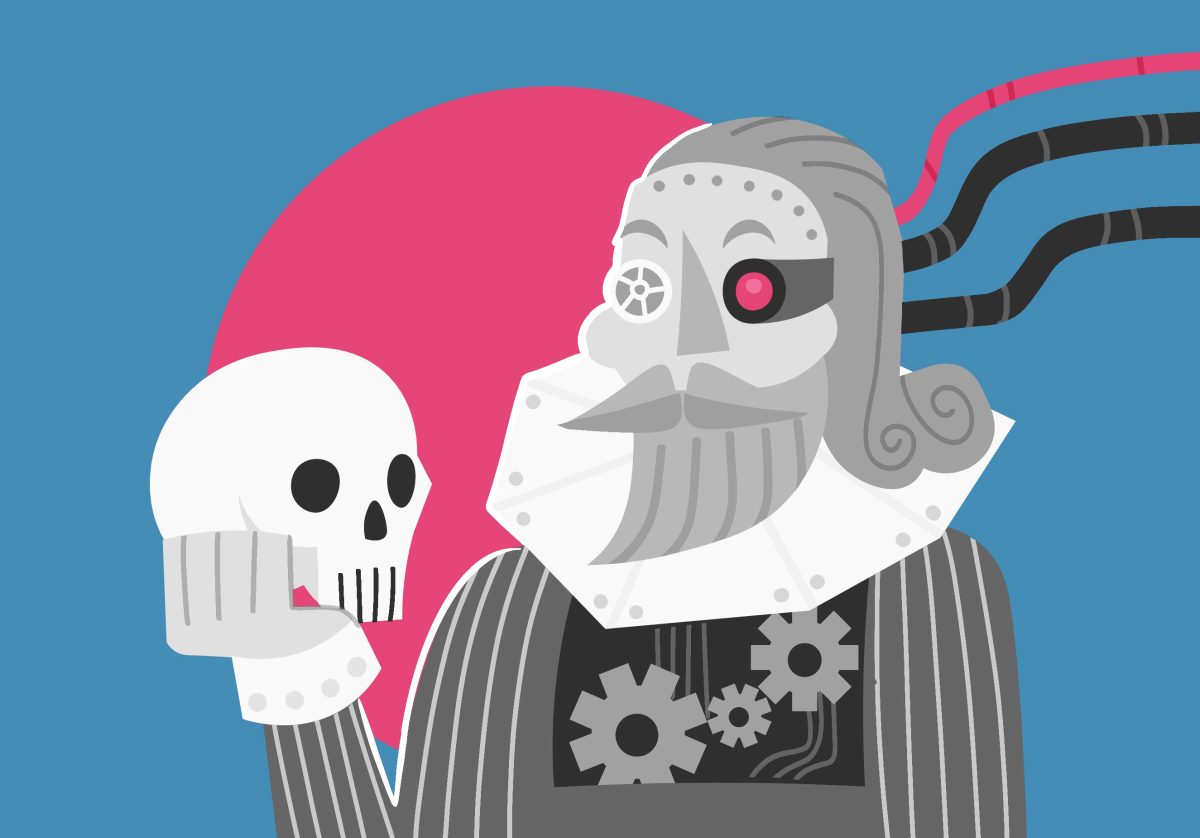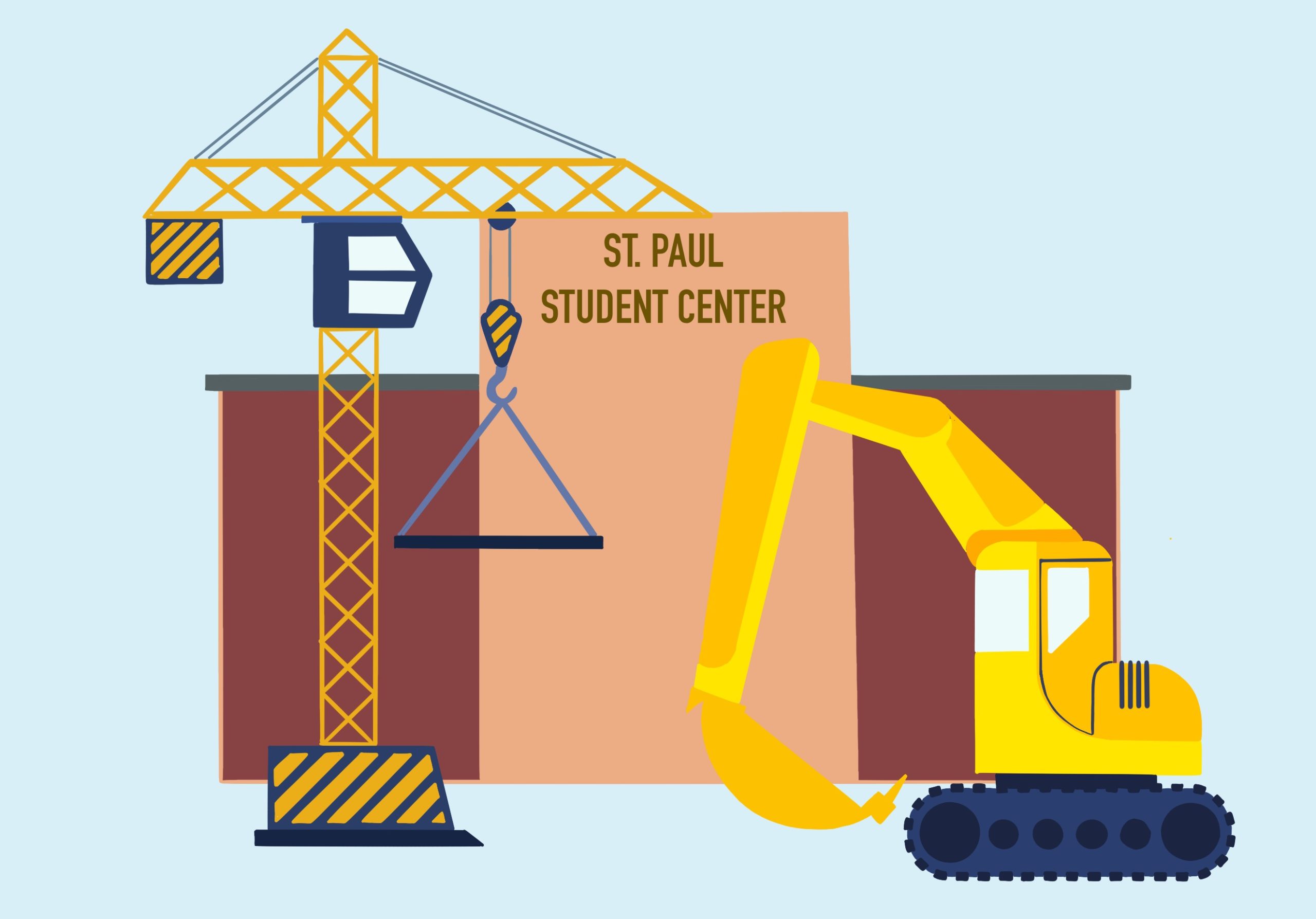Working with homeless military veterans, Judy Hubal has helped some people see something they haven’t seen in a long time: themselves.
Volunteering at the Minnesota StandDown, she has seen vets, new photo IDs in hand, “come skipping out of that tent, yelling ‘look at me.'” Without access to mirrors, some veterans haven’t seen what their own faces look like for a long time.
This is just one of the services offered at the Minnesota StandDown, an annual event put on by an organization of the same name, that aids veterans and provides them with photo identification cards issued by the Department of Veterans Affairs.
The photo IDs can help homeless veterans do something as simple as apply for a library card or a checking account, said Hubal, Minnesota StandDown vice president and an Air National Guard flight nurse.
The Minnesota StandDown event, whose volunteers erected a tent city on the University’s West Bank recreation fields last weekend, helps more than 1,000 veterans annually.
Vietnam vets Robert van Keuren and Dr. Jon Nachison started the first StandDown event in 1988, held in San Diego. The organization has expanded to include approximately 80 annual events around the country.
StandDown’s name comes from an action in times of war, when exhausted combat units were removed from the battlefield to a place of relative safety and security to rest and recover.
Today, StandDown refers to a grassroots intervention program designed to help them combat life on the streets. According to the National Coalition for Homeless Veterans, there are 275,000 homeless veterans in the country.
Hubal said people who come to the event are “real people with hopes and dreams who have hit roadblocks.” But StandDown, she said, seeks not to fix vets’ problems but to help vets fix them themselves.
The University leased its grounds to the organization, along with security and the use of the University Law School’s
courtroom. All law enforcement is prohibited from entering the grounds of StandDown so vets who have been charged with crimes can take advantage of the services offered without risking arrest.
Legal counseling is offered, including the opportunity to register to be tried by a district court judge. On Friday, 95 such cases came before judges who volunteered their time to help vets clear their records. Hubal said the cases exemplify the time and energy judges and other volunteers donate to help veterans.
Vets can also sleep in one of 200 beds, have a shower or haircut, eat at a restaurant or watch a first-run film.
They also receive medical treatment, counseling from the Internal Revenue Service and information on social services, including child support and family counseling. Vets are also welcome to bring their families.
Relaxation therapists, chaplains and psychologists also volunteer at the event. Under one tent, Lt. Col. Mary Erickson, director of clinical education at the University’s occupational therapy program, helped veterans engage in activities such as games and art projects.
Such socialization can provide meaning to the lives of vets whose homelessness has left them lonely and reclusive, she said. Working on art projects can “help them realize that they still have something to give. It’s very affirming and healing,” Erickson said.
While this year’s event drew a record number of female veterans, Minnesota StandDown President Bill Lindboe said he wants to see more female veterans take advantage of StandDown. He also would like the event to take place in a more removed location and last three weeks instead of three days.
“It would let (volunteers) have the opportunity to do more specialized work with veterans and get even more people on track,” Lindboe said.










